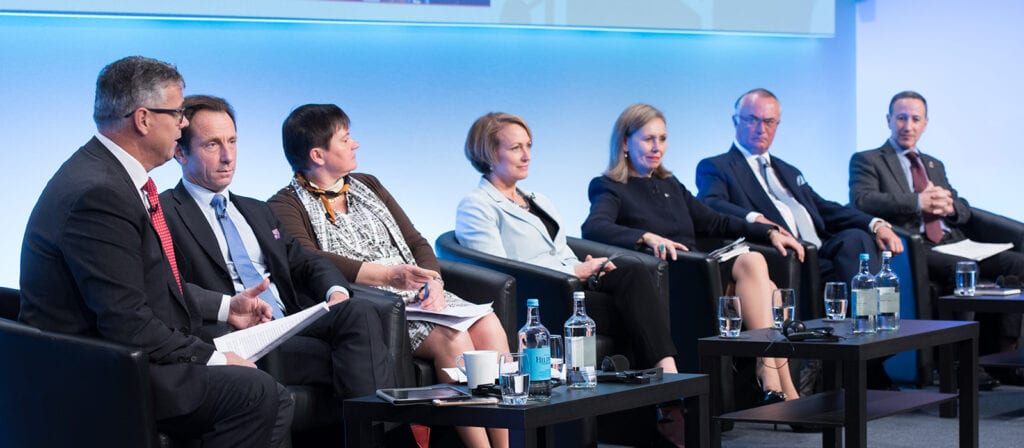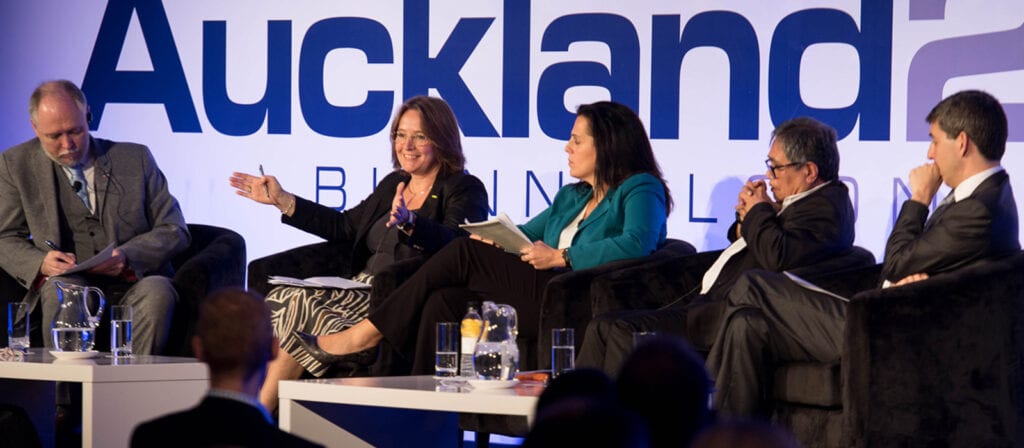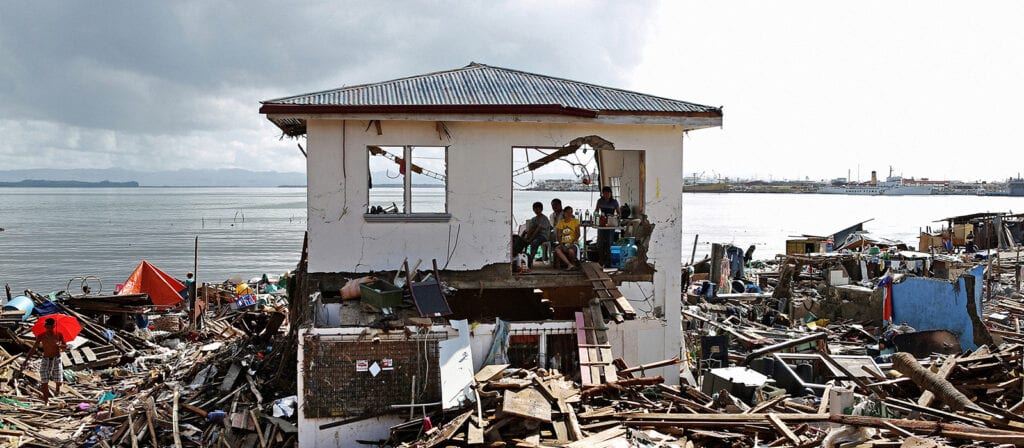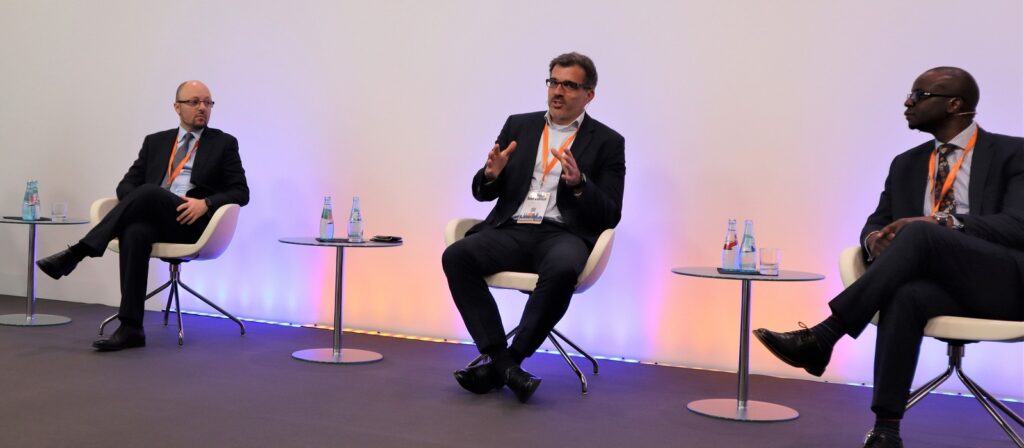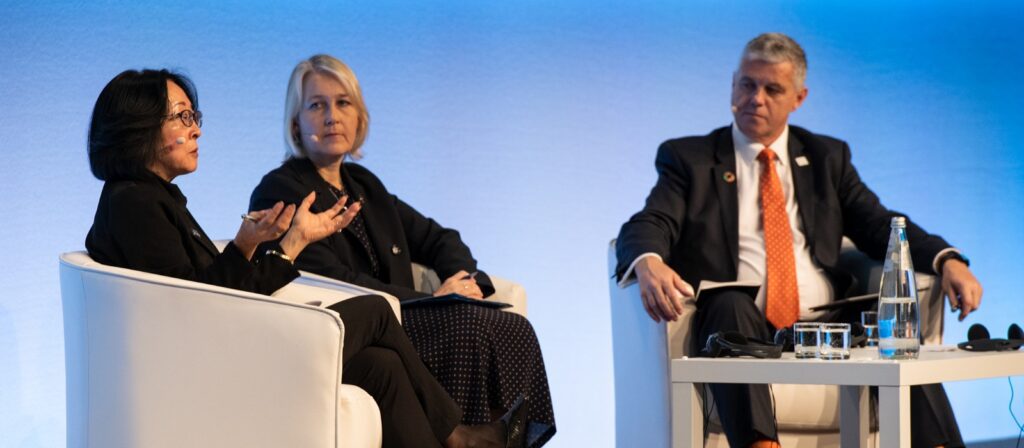There has been a huge change in terms of how the United Nations (UN) considers sustainable development. The eight original Millennium Development Goals (MDGs) did not include risk. The Paris Agreement made risk and resilience central to the 17 Sustainable Development Goals (SDGs) which cover every aspect of life and living in all countries. Private and public sector are central to this conversation and the key message of “Leave no one behind” .
Why is this important to the insurance industry? From protection and prevention perspectives, it is critical. Insurance is about trust. It is trust which opens doors to innovation and creativity. Trust encourages the purchase of simple insurance products and from there this can lead to considering more complex products such as pensions and even banking. The United Nations Development Programme (UNDP) is working with ICMIF partners to deliver solutions in some of the most vulnerable countries and deliver microinsurance. The G7 microinsurance target was to insure 100 million people by 2020; ICMIF’s aim is to insure 25 million people through the 5-5-5 Mutual Microinsurance Strategy.
At the World Bank, insurance was a big buzz word at the recent Annual Meetings where there was a focus on the area of agriculture and food. The World Bank is promoting access to finance and making food production more resilient is a priority. More than 50% of people will not apply for finance in case they are unable to pay back if there is a disaster. The World Bank wants people to have better relationships with insurance companies and banks and better risk management is required.
The final part of the puzzle is insurance which helps promote and encourage people to invest while managing that risk. Farmers in developing countries find distribution and paying claims very challenging because they mostly have very small farms spread out across a large country. Automation and the use of mobile phones to offer an end-to-end service helps enormously. Governments are adopting insurance-based solutions to help poor farmers. Private insurance companies are delivering the solutions with private and public partnership arrangements.
The Organisation for Economic Co-operation and Development (OECD) has 35 member countries, with others joining all the time. They actively engage with non-member countries also. Their role is to deliver and promote best practices. A recent example was their disaster risk finance strategies which provides a framework for governments, insurance companies and individuals. The OECD is in the process of reviewing insurance governance guidelines and was asked to review environmental, social and governance (ESG) factors. Not all insurers are taking these guidelines into consideration.
Mobile insurance solutions allow increased insurance accessibility in less developed countries. However, the OECD wants to ensure that algorithms are not unintentionally discriminating or excluding vulnerable people.
When it comes to cyber-attacks, prevention is the best action, but cyber insurance is a good way of addressing financial losses if prevention fails. But this sort of attack is a very sensitive subject and could have reputational impact so the data on these attacks must only be available in an aggregated form. This is a challenge that the OECD and Geneva Associations are both considering. Behavioural economics is also important. By adding default options, more people will add pension options or even earthquake/flood cover if applicable.
CARD MBA’s microinsurance programme in the Philippines focuses on inclusive insurance for the poor. It works closely with banks and microfinance institutions. The members join because it is such an integrated offering and 4.5 million Filipinos (54% of the total population) are currently covered.
Claims were previously being paid within a day, but now they are paying claims in a matter of hours. India is now adopting a similar model. The regulator is very open to advancing its rules to allow the successful roll-out of these policies. The Insurance Commission has applied the same learning to health insurance too. In terms of commercial insurance, CARD has a joint venture with another commercial insurance company to implement disaster insurance. Its target is to offer crop insurance to 500,000 farmers.
Swiss Re is partnering with the public sector in many ways. One example is the Kenya Livestock Insurance Programme (KLIP), a parametric microinsurance programme, which operates in such a way that if there is a drought, there is a pay-out. For life mutuals, Swiss Re take on a book of business and pay the net present value of that business in order to allow the mutual capital to grow. They also created a non-damage business interruption product for hotels e.g. in the event of a pandemic if occupancy goes below a certain level, there is a pay-out. They also work with governments to try and encourage them to take on a part of the risk through a catastrophe bond.
The Co-operators exists to provide financial security for Canadians. CEO Rob Wesseling also sits on the Boards of the IDF and ICMIF. There are numerous real advantages for getting involved with the 5-5-5 and IDF.
Firstly, microinsurance offers an insight into highly efficient organisations operating in different markets. As a movement if we do not partner with organisations outside of our national markets, the risk is that global insurance companies which are learning from multiple markets will have the advantage. Getting involved with the IDF and ICMIF’s 5-5-5 opens these doors to us all.
In terms of disasters, it is better to pre-fund, than post-fund as insurers will pay either way. The Co-operators offered flood insurance for those at risk in Canada.
Session panellists:
- Rob Wesseling, President and CEO, The Co-operators (Canada)
- Mamiko Yokoi-Arai, Principal Administrator and Head of Insurance, Organisation for Economic Co-operation and Development (OECD)
- Dr Aris Alip, Founder and Chairman, CARD MRI (The Philippines)
- Kurt Karl, Chief Economist, Swiss Re (USA)
- Jan Kellett, Special Advisor: External Engagement, United Nations Development Programme (UNDP)
- Panos Varangis, Global Lead for Agricultural Finance and Insurance, Finance & Markets Global Practice, World Bank Group
- Rowan Douglas, CEO Capital, Science & Policy Practice, and Chairman, Willis Research Network, Willis Towers Watson (UK) moderator
